In the ever-expanding global market, the movement of goods from China is a cornerstone of international trade. Understanding the dynamics of container rates from China is essential for businesses engaged in cross-border commerce. This comprehensive guide aims to provide insights into container rates, exploring the factors influencing them, and shedding light on the role of international logistics agents in securing favorable rates for businesses.
Understanding Container Rates:
1. Ocean Freight Rates:
Ocean freight rates are a significant component of container rates from China. These rates are influenced by factors such as the shipping route, type of goods, and market demand. International logistics agents specialize in negotiating competitive ocean freight rates on behalf of their clients.
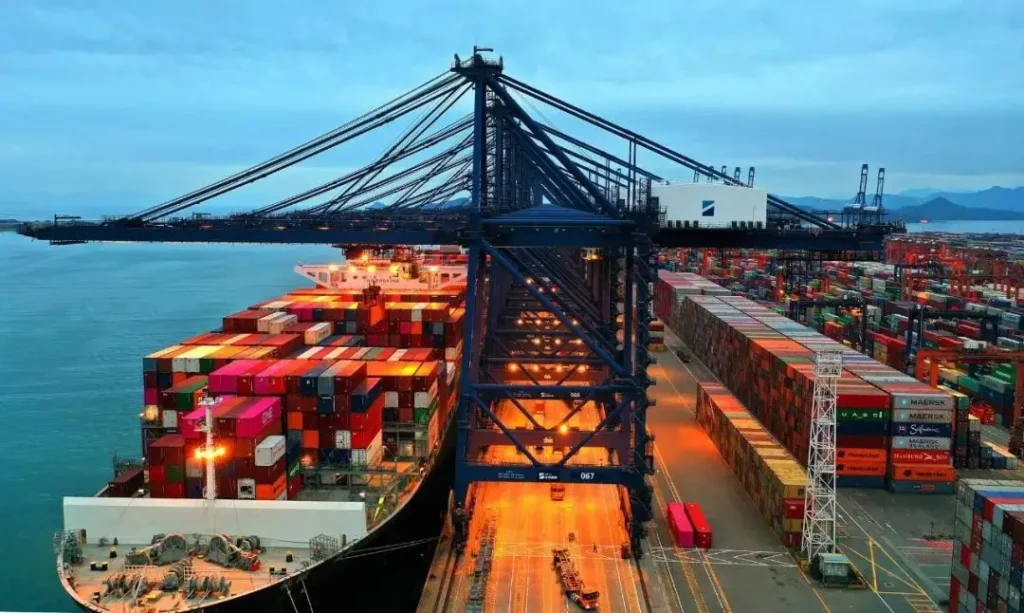
2. Container Size and Type:
Container rates vary based on the size and type of container used. Common container sizes include 20ft and 40ft, with the latter being a popular choice for its capacity to transport goods in bulk. The choice of container type is crucial, and logistics agents provide guidance on selecting the most cost-effective option for different types of cargo.
3. Peak Season and Off-Peak Season Rates:
Container rates can fluctuate based on the season. During peak shipping seasons, such as the lead-up to major holidays, rates may rise due to increased demand. Conversely, off-peak seasons may offer more favorable rates. Logistics agents strategically plan shipments to optimize cost savings for their clients.
Factors Influencing Container Rates:
1. Fuel Prices:
Fluctuations in fuel prices directly impact shipping costs. International logistics agents monitor fuel price trends and adjust their strategies to mitigate the impact of fuel cost fluctuations on container rates.
2. Market Demand:
High demand for shipping services, especially during periods of increased trade activity, can lead to higher container rates. Logistics agents leverage market insights to navigate demand-driven rate fluctuations and secure advantageous rates.
3. Shipping Route and Distance:
Container rates are influenced by the chosen shipping route and the distance covered. Longer distances may incur higher rates, and logistics agents optimize routes to balance cost efficiency and timely delivery.
Shipping routes and distances are fundamental considerations in international trade and logistics, influencing the efficiency, cost, and overall success of transporting goods from one location to another. This comprehensive guide explores the significance of shipping routes and distances, factors influencing their selection, and the role of international logistics agents in optimizing these critical components of the supply chain.
The Role of International Logistics Agents:
1. Route Planning and Optimization:
- International logistics agents leverage data analysis and industry expertise to plan and optimize shipping routes. They consider factors such as distance, transit times, and logistical efficiency.
2. Navigating Geopolitical Considerations:
- Logistics agents stay informed about geopolitical considerations that may impact shipping routes. Changes in political stability, trade agreements, or regional tensions can influence route planning.
3. Carrier Selection:
- Logistics agents collaborate with shipping lines and carriers to select reliable partners. This involves evaluating carriers based on their routes, transit times, and overall service quality.
4. Real-Time Monitoring:
- Advanced technologies, including satellite tracking and real-time monitoring systems, are integrated by logistics agents to ensure that vessels follow planned routes and respond to dynamic changes.
5. Cost Efficiency:
- Cost considerations, including fuel consumption and tolls for canal transits, are factored into route optimization. Logistics agents strive to balance efficiency with cost-effectiveness.
6. Environmental Impact:
- Logistics agents consider the environmental impact of shipping routes, aiming to minimize fuel consumption and emissions. This aligns with global efforts to promote sustainable shipping practices.
4. Container Availability:
Container availability, especially during peak seasons, can affect rates. Logistics agents work closely with shipping lines to secure containers promptly, avoiding delays and potential rate increases due to container scarcity.
5. Currency Exchange Rates:
Container rates are often quoted in various currencies. Fluctuations in exchange rates can impact the overall cost for businesses. Logistics agents assist clients in navigating currency risks and optimizing payments.
The Role of International Logistics Agents:
1. Rate Negotiation:
One of the primary roles of international logistics agents is negotiating container rates with shipping lines. Leveraging their industry expertise and relationships, logistics agents secure competitive rates that align with the budgetary constraints of their clients.
2. Route Optimization:
Logistics agents optimize shipping routes to balance cost efficiency and transit times. By selecting the most direct and cost-effective routes, agents contribute to overall savings on container rates.
3. Container Management:
Managing container logistics is a complex task. Logistics agents coordinate container pick-up, loading, unloading, and return, ensuring an efficient and cost-effective flow of containers throughout the shipping process.
4. Market Intelligence:
Staying informed about market trends and shipping industry dynamics is a key function of logistics agents. This intelligence allows them to anticipate changes in container rates and develop proactive strategies for their clients.
5. Documentation and Compliance:
Logistics agents handle the extensive documentation required for international shipping, ensuring compliance with regulations and preventing any issues that could impact container rates.
In the realm of international trade, understanding and effectively managing container rates from China is essential for businesses seeking global expansion. The role of international logistics agents is pivotal in this process, as they navigate the intricacies of container rates, negotiate with shipping lines, and optimize logistics strategies to ensure cost-effective and timely shipments. As the global marketplace continues to evolve, the collaboration between businesses and logistics agents becomes increasingly critical in achieving efficient and cost-conscious container shipping from China. By staying attuned to market dynamics and leveraging their expertise, logistics agents contribute significantly to the success of cross-border trade and the resilience of supply chains.


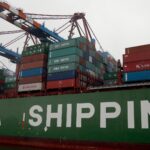

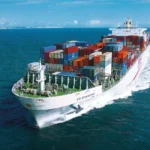
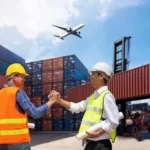
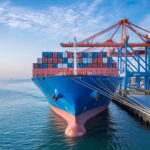




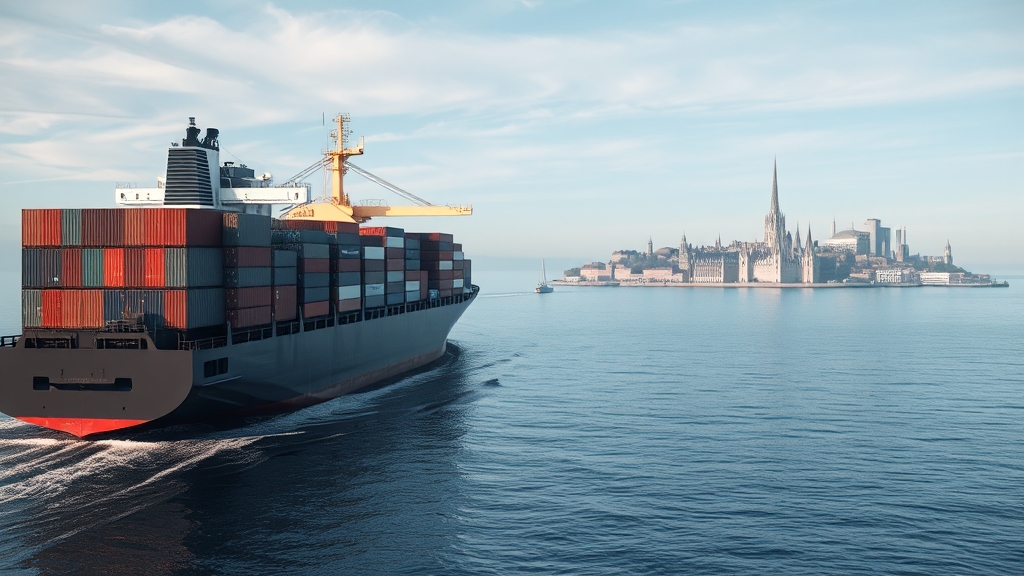
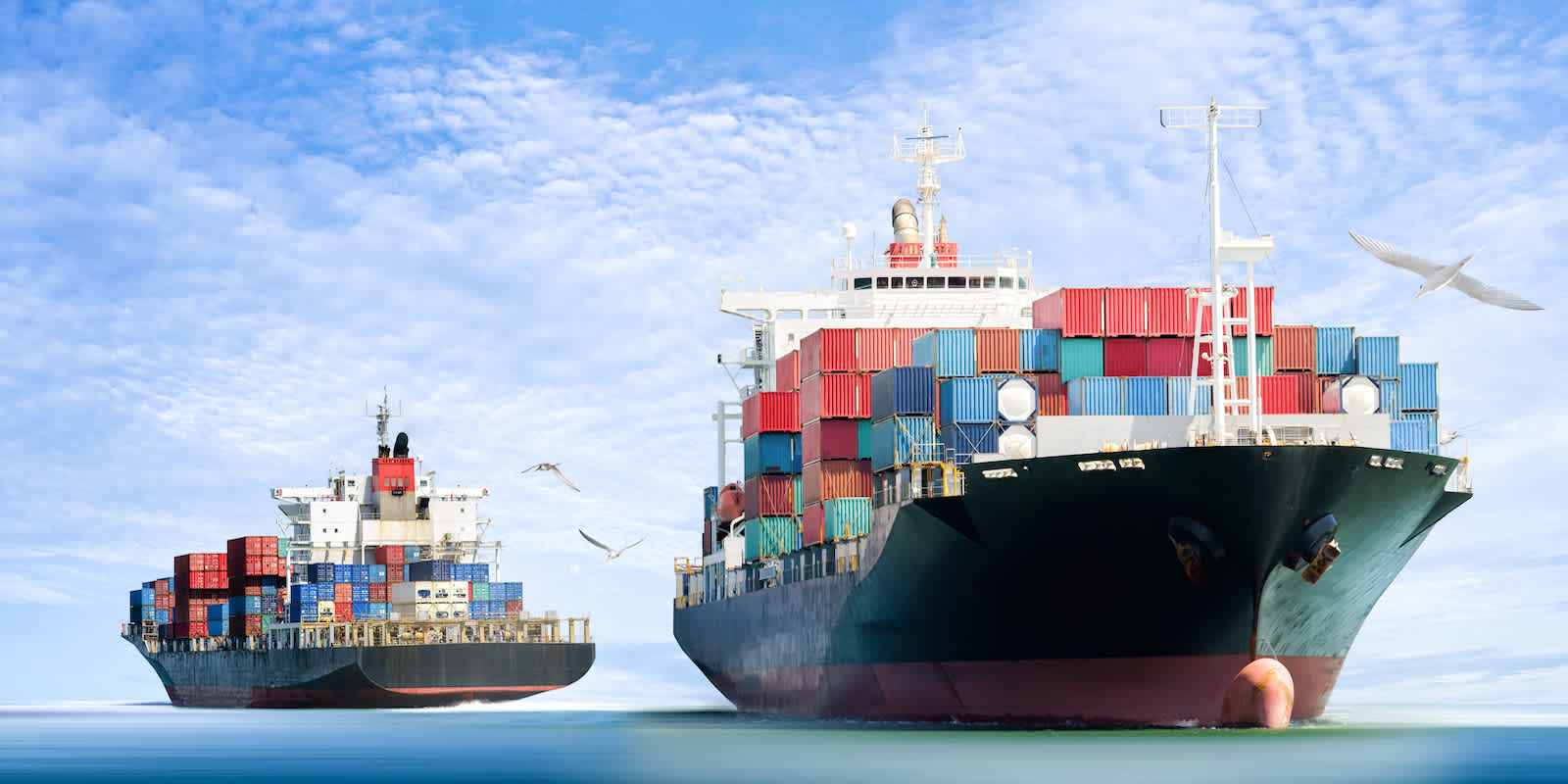
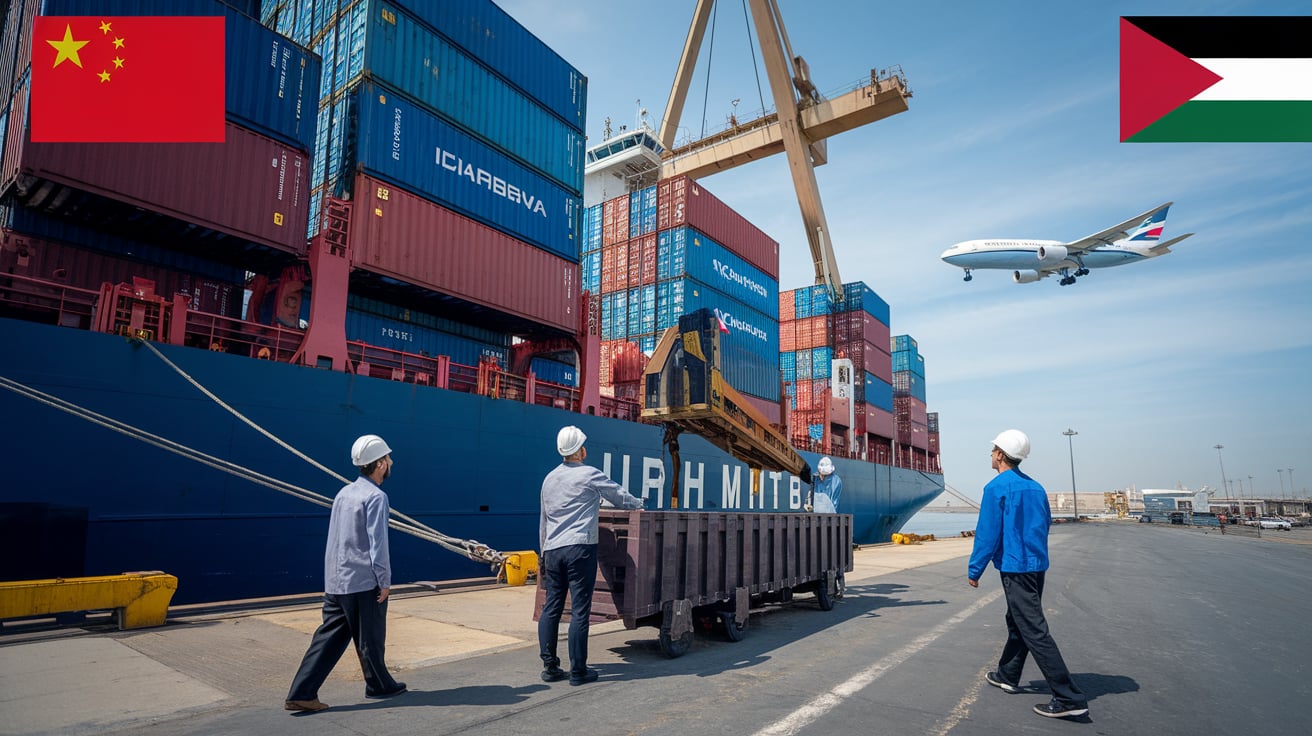
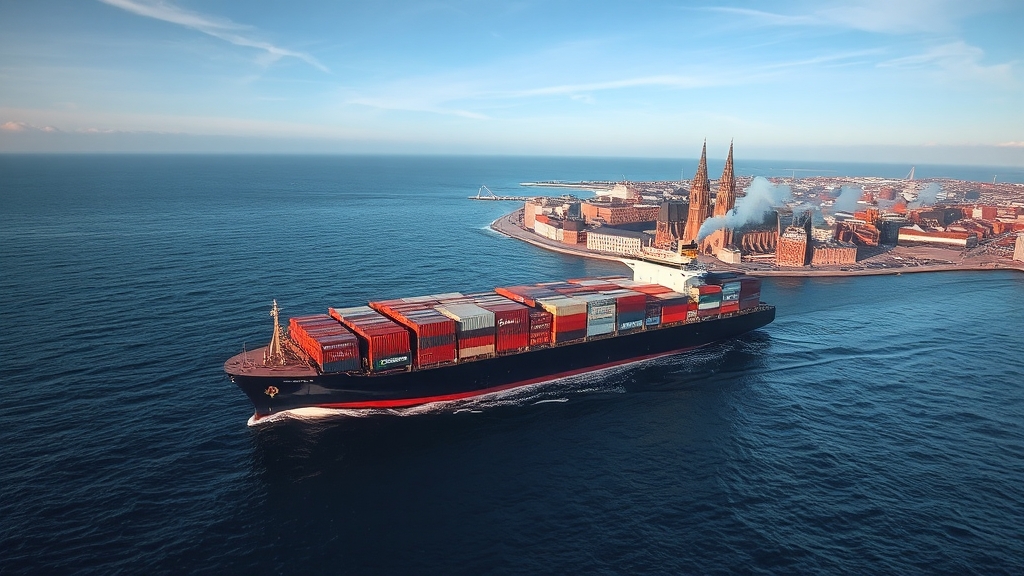
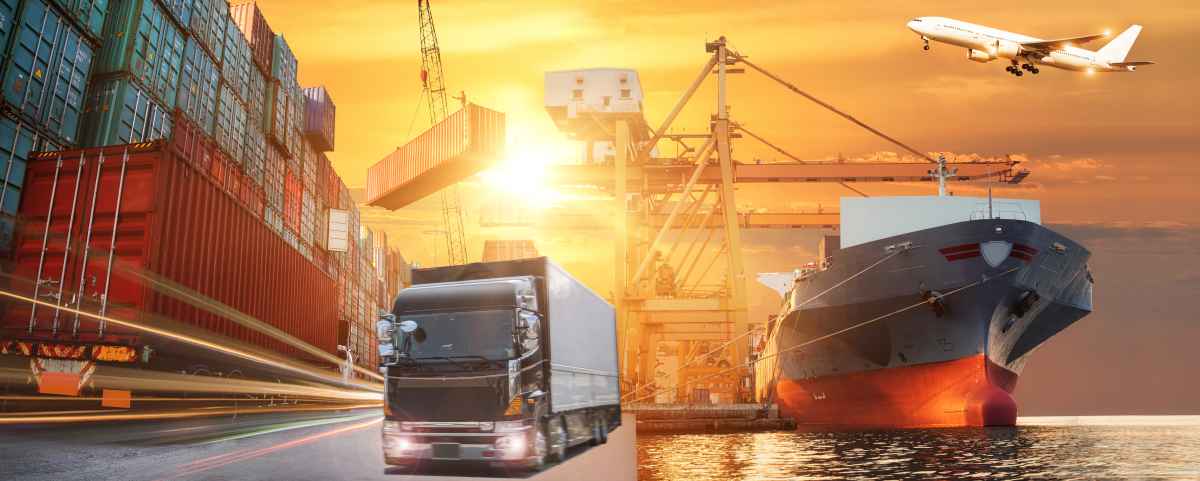





 Afrikaans
Afrikaans Shqip
Shqip አማርኛ
አማርኛ العربية
العربية Հայերեն
Հայերեն Azərbaycan dili
Azərbaycan dili Euskara
Euskara Беларуская мова
Беларуская мова বাংলা
বাংলা Bosanski
Bosanski Български
Български Català
Català Cebuano
Cebuano Chichewa
Chichewa 简体中文
简体中文 繁體中文
繁體中文 Corsu
Corsu Hrvatski
Hrvatski Čeština
Čeština Dansk
Dansk Nederlands
Nederlands English
English Esperanto
Esperanto Eesti
Eesti Filipino
Filipino Suomi
Suomi Français
Français Galego
Galego ქართული
ქართული Deutsch
Deutsch Ελληνικά
Ελληνικά Kreyol ayisyen
Kreyol ayisyen Harshen Hausa
Harshen Hausa Ōlelo Hawaiʻi
Ōlelo Hawaiʻi עִבְרִית
עִבְרִית हिन्दी
हिन्दी Hmong
Hmong Magyar
Magyar Íslenska
Íslenska Igbo
Igbo Bahasa Indonesia
Bahasa Indonesia Gaeilge
Gaeilge Italiano
Italiano 日本語
日本語 Basa Jawa
Basa Jawa ಕನ್ನಡ
ಕನ್ನಡ Қазақ тілі
Қазақ тілі ភាសាខ្មែរ
ភាសាខ្មែរ 한국어
한국어 كوردی
كوردی Кыргызча
Кыргызча ພາສາລາວ
ພາສາລາວ Latin
Latin Latviešu valoda
Latviešu valoda Lietuvių kalba
Lietuvių kalba Lëtzebuergesch
Lëtzebuergesch Македонски јазик
Македонски јазик Malagasy
Malagasy Bahasa Melayu
Bahasa Melayu മലയാളം
മലയാളം Maltese
Maltese Te Reo Māori
Te Reo Māori मराठी
मराठी Монгол
Монгол ဗမာစာ
ဗမာစာ नेपाली
नेपाली Norsk bokmål
Norsk bokmål پښتو
پښتو فارسی
فارسی Polski
Polski Português
Português ਪੰਜਾਬੀ
ਪੰਜਾਬੀ Română
Română Русский
Русский Samoan
Samoan Gàidhlig
Gàidhlig Српски језик
Српски језик Sesotho
Sesotho Shona
Shona سنڌي
سنڌي සිංහල
සිංහල Slovenčina
Slovenčina Slovenščina
Slovenščina Afsoomaali
Afsoomaali Español
Español Basa Sunda
Basa Sunda Kiswahili
Kiswahili Svenska
Svenska Тоҷикӣ
Тоҷикӣ தமிழ்
தமிழ் తెలుగు
తెలుగు ไทย
ไทย Türkçe
Türkçe Українська
Українська اردو
اردو O‘zbekcha
O‘zbekcha Tiếng Việt
Tiếng Việt Cymraeg
Cymraeg יידיש
יידיש Yorùbá
Yorùbá Zulu
Zulu